
EMG Testing Near Farmington, MI
For the diagnosis of many different nerve conditions, including the various forms of neuropathy, there is no test better than electromyography, or EMG testing for short. For those near or in the Farmington area, the Michigan Center for Regenerative Medicine is now offering EMG testing and treatment for the multitude of conditions it can diagnose. But what is electromyography, and how does it work? Read on below for a complete list of conditions, treatments, and how this unique technology can benefit Farmington residents!
What Is Electromyography?
EMG testing can be traced back to the early 1950s and is a form of diagnosis that has been built upon and refined over the past 70 years. So, how does EMG testing work? When you move your muscles, your brain sends electrical signals along the spinal cord as a command. EMG testing uses probes to interpret these electrical signals and check for any irregularities or signs of damage.
When you undergo an EMG test, the probes are directly inserted into the muscle to take measurements. Moreover, a nerve conduction study can utilize electrode stickers applied to the skin to test the speed and strength of responses. EMG testing must be conducted by a licensed physician, like those at the Michigan Center for Regenerative Medicine.
Treatable Conditions from the Experts at Michigan Center for Regenerative Medicine
- Muscle Pain Treatment
- Spine Pain Treatment
- Treatment For Shoulder Injuries
- PRP Treatment for Hair Restoration (New Service)
- Nerve Pain Treatment
- Chronic Pain Treatment
- Rotator Cuff Tears in The Shoulders
- AC Joint and Tendon Tears Treatment
- Ankle Pain Treatment
- Treatment For Muscular Weakness
- Arthritis Treatment
- Joint Pain Treatment
- Sciatica / Lumbar or Lumbosacral Radiculopathy Treatment
- Sacroiliac (Si) Joint Dysfunction Treatment
- Lower Back Pain and Spinal Pain
- Bone Pain Treatment
- Achilles Tendon Ruptures Treatment
- Bursitis Treatment
- Spinal Stenosis Treatment
- Chronic Inflammation Treatment
- Back Pain Treatment
- Diabetic Peripheral Neuropathy Treatment
- Foot and Ankle Injury Treatment
- Herniated Discs of The Spine
- Hip Injury Treatment
- Hip Pain Treatment
- Musculoskeletal Injury Treatment
- Treatment For Internal Derangement of Knee Cartilage
- Muscle And Tendon Sprain and Strain Treatment
- Treatment For Knee Cartilage Lesions
- Anyone Looking to Repair/Grow Tissue or Bone from Trauma, Tearing, Arthritis or Decay
- Male Erectile Regeneration (New Service)
- Female Pelvic Floor Regeneration (New Service)
- Regenerative Skin Care (New Service)
- Degenerative Disc Disease Treatment
- Musculoskeletal Pain Treatment
- Neck Pain Treatment
- Sciatica Treatment
- Knee Injury Treatment
- Neuropathy Treatment
- Osteoarthritis And Degeneration of Joints
- Other Pains Involving Bone, Joints or Tendons
- Plantar Fasciitis Treatment
- Ligament Injury Treatment
- Muscle Strains from Sports and Other Injuries
- Musculoskeletal Disorder Treatment
- Sacroiliitis / Sacroiliac Joint Pain and Dysfunction Treatment
- Sciatic Nerve Pain Treatment
- Elbow Pain Treatment
- Ligament Strains
- Shoulder Pain Treatment
- Spine Trauma Treatment
- Tendinitis Treatment
- Meniscus Tears in the Knee
- Tendon Injury Treatment
- Foot Pain Treatment
- Treatment for Tendonitis and Bursitis
- Treatment for Tennis and Golfer’s Elbow
- Tension Headache Treatment
- Torn Tendons and Ligament Treatment
- Treatment After Auto Injuries
- Lumbar Disc Herniation Treatment
- Knee Pain Treatment
- Regenerative Medication for Podiatry/Foot Doctors Looking for a Regenerative Medicine Lab in Metro Detroit tor Regrow Bone or Tissue
See What Our Patients Are Saying About Regenerative Medicine
Avoid Surgery and Addictive Prescription Drugs
Contact the Michigan Center for Regenerative Medicine Today and Schedule Your Office Visit
What Types Of Conditions Are Diagnosed By EMG Testing?
EMG testing, when paired with a physical exam, imaging, and blood tests, can be used to diagnose several different types of conditions. Here is a short list of those that can benefit the most:
- Carpal Tunnel Syndrome– A common condition where the median nerve, which runs along the forearm to the wrist, becomes pinched or pressed on.
- Peripheral Neuropathy- A condition characterized by damage to the peripheral nerves that exist outside of the brain and spinal cord.
- Radiculopathy (Pinched Nerve)- Pinched nerves happen when the root nerves outside the spinal cord become pinched due to disc degeneration or another condition.
- Herniated Disc- Herniated discs occur when part of the spine’s disc becomes enlarged or is pushed out of alignment with the bones of the vertebrae.
- Sciatica- Similar to a pinched nerve, sciatica is caused when the sciatic nerve, located near the base of the spine, becomes pinched.
- Diabetic neuropathy- Caused by nerve damage that occurs from those with diabetes, it is a condition that is degenerative and requires immediate intervention.
How Does EMG Testing Feel?
EMG tests can cause some discomfort but do not require any pain intervention. They feel similar to any test that requires a needle but differ from blood draws or injections as the probes must remain attached to an EMG machine for feedback. EMG testing can last from 60-90 minutes and will require you to move your muscles, which can cause mild soreness. After an EMG appointment, you may suffer some muscle soreness in affected muscle groups, but this is normal and should subside naturally within a few days.

Regenerative Medicine Specialist
Thomas Nabity Jr., MD
Dr. Thomas Nabity founded the Michigan Center For Regenerative Medicine in 2017 with the vision to provide best in class regenerative medicine options for patients suffering from painful orthopedic conditions. He helps people in chronic pain who are looking to alternatives to drugs and surgery, and who want natural solutions to pain relief in order to regain the ability to do the things they love to do. Dr. Nabity has a passion for evaluating and incorporating the latest technologies with a constant focus on optimizing his patient’s outcomes. Through proper patient selection, utilizing advanced injection techniques, and incorporating the latest laboratory technologies in creating PRP and stem cell injectates, the Michigan Center for Regenerative Medicine has achieved some of the highest outcomes of any clinic in the country. (Read Full Bio)

Regenerative Medicine Specialist
John Santa Ana, DO
Dr. Santa Ana is Board Certified in PM&R and Electrodiagnostic medicine. He is a physician specializing in Interventional Sports, Joints, and Spine treatments. Dr. John received his medical degree at the New York College of Osteopathic Medicine and his specialty training in PM&R at The Walter Reed Army Medical Center, Washington DC. He is a Veteran and was a physician in the US Army, treating our Nation’s heroes’ musculoskeletal conditions and getting them back in the fight. Dr. John is also experienced in EMG Testing with over 10 years of Electromyography (Read Dr. John’s Full Bio)
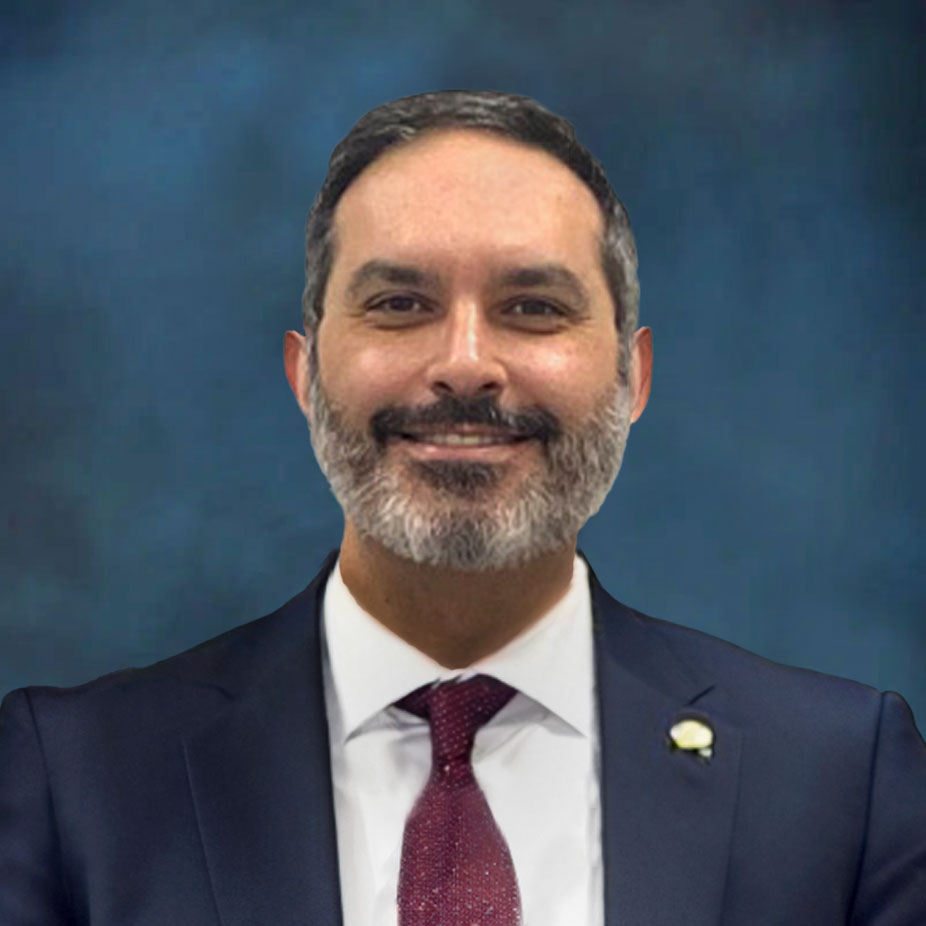
Regenerative Medicine Specialist
Robert Farhat, DO
Dr. Farhat is board certified in Physical Medicine and Rehabilitation, and Pain Medicine. Dr. Farhat has integrated Regenerative Medicine into the treatment of musculoskeletal conditions for the past several years, but has now joined Michigan Center for Regenerative Medicine in order to provide a comprehensive approach to non-surgical musculoskeletal conditions. He is considered an expert in non-surgical spine care, but treats all musculoskeletal conditions. (Read Dr. Robert’s Full Bio)

Regenerative Medicine Specialist
Kevin M. Nemeth, MD
Dr. Nemeth is a Columbia University-trained Interventional Pain Management Specialist. He is Double Board Certified in Anesthesiology and Interventional Pain Medicine. Dr. Nemeth believes in a comprehensive approach to patient care that optimizes both higher quality and longevity of life rather than simply masking symptoms. He is passionate about the burgeoning field of interventional orthobiologics and specializes in the most advanced, evidence-based therapies, such as Platelet-Rich Plasma (PRP) and Bone Marrow Aspirate Concentrate procedures (Read Full Bio)

Regenerative Medicine Specialist
John Steele, MD
Dr. Steele was raised in a military family, but calls Orlando, Florida, his home. He graduated from the Citadel in 1986 with a degree in Electrical Engineering. After watching Top Gun, he attended Air Force flight training in Lubbock, Texas, and served for 5 years. After the first Gulf War, he left the military to prepare for medical school. He graduated from the F. Edward Hebert School of Medicine in 1998 and spent a year in South Korea working in the Emergency Room. He then completed a residency in neurological surgery at the Detroit Medical Center and entered military practice. After leaving the military, he completed a fellowship in Neurovascular and skull-based surgery in Indianapolis before establishing a practice in southeast Michigan in 2020. He joined the Michigan Center of Regenerative Medicine in 2025, focusing on regenerative and aerospace medicine while continuing to perform neurosurgery.

Ashley Loane, MSN, ARNP, FNP-C
Ashley Loane is a board-certified Nurse Practitioner at MCFRM with a passion for regenerative medicine. She is highly regarded for her expertise in musculoskeletal pain treatments, aesthetics and hair restoration, pelvic floor and sexual health for women, erectile dysfunction for men, weight loss, and overall wellness optimization through hormone replacement, peptides, and IV therapies.
How Can Farmington MI Residents Prepare For EMG Testing?
When your doctor is considering administering an EMG test, they must have all the medical information you can provide. Have a list of all current medications and symptoms that cause you discomfort, and disclose whether you have a pacemaker or another implanted device. The electrical stimulation of an EMG test can impair pacemakers, leading to potentially dangerous consequences for the typically low-risk procedure. There is no need to fast before an EMG test, but you may be advised to cease any caffeine or tobacco consumption for a few hours before.
Get Your EMG Testing And Treatment From The Michigan Center for Regenerative Medicine
For more information and to schedule an intake appointment, give us a call at (248) 216-1008 or visit us online and fill out our contact form.
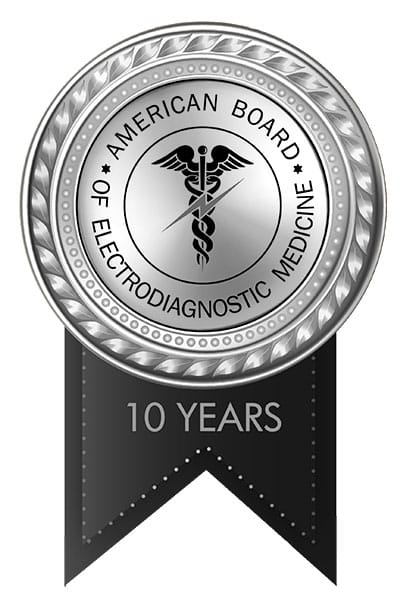
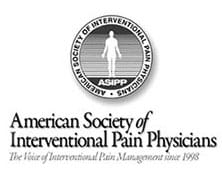
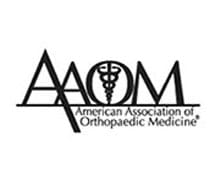
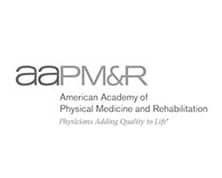
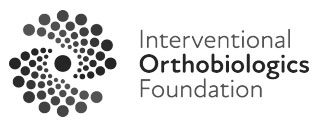
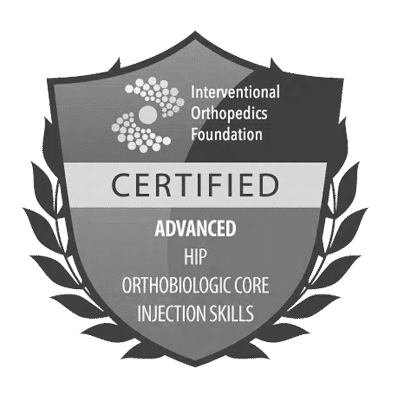
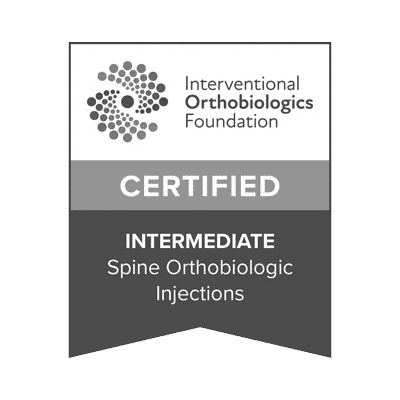
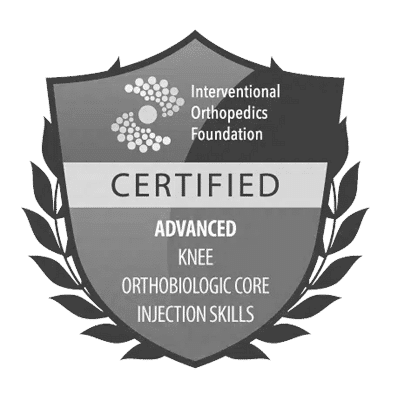
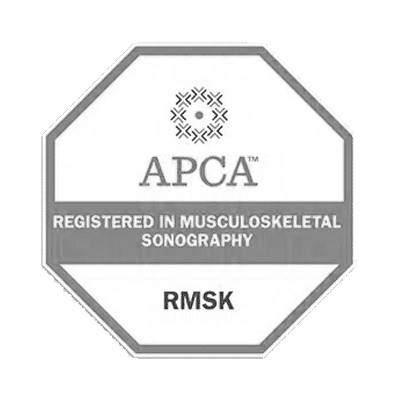
Take Advantage of New Advances in Medical Technology
Contact the Michigan Center for Regenerative Medicine Today and Schedule Your Office Visit


